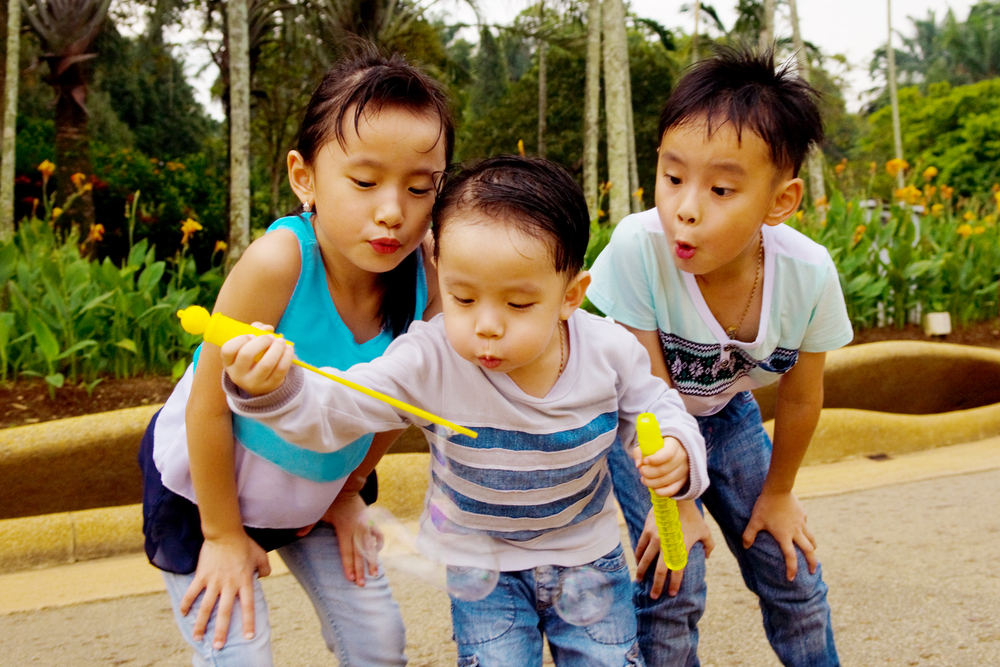How Do I Teach My Child How To Make Friends?
Childhood friendships teach kids critical social skills such as coping with people and resolving conflicts. They also impact how kids feel about themselves because the more they make friends, the more they are confident in their abilities to interact and build relationships. Studies have shown that children’s friendships are closely associated with their positive well-being. Children who have friends feel a sense of belonging and are more likely to experience happiness and life satisfaction.
However, as exciting and impactful as building positive childhood relationships may seem, it’s not the easiest for most kids. Some need to watch how their parents make new friends and approach friendships, while some must know how to handle social anxiety and learn social skills. Generally, kids need help to select, initiate and nurture great relationships with friends.
Therefore, this article discusses the top tips parents can adopt to teach their children how to make friends.
Let’s begin.
How to help your child make friends
Helping your child make the right friends requires adopting the right strategies. Follow these tips to support your child with making and keeping friends.
1. Observe and understand how your child relates with people
Understanding how your child interacts in public will give you insight into what they are doing wrong and how to help them. For instance, they may suffer from social anxiety and have challenges initiating conversations. If they experience anxiety when in public, it will be daunting for them to interact and make friends. Also, low self-esteem can make them feel like they don’t belong where they find themselves, causing them to withdraw into their shell.
However, you may never know this unless you observe them in public. So, attend a few activities in their school, and watch them in the playground to see how they behave around others. Do they keep to themselves or reach out to people? Observing them will help you identify negative social behavior and know the right strategies to help them cultivate good social skills that drive friendships.
2. Lead by example
Children learn by observing and inculcating others’ behavior, so they model good friendship skills. Discover the social skills your child lacks and help them develop them by showcasing how you treat and interact with others. Strike positive conversations, and approach people with confidence. Your child can observe you and inculcate your social habits to establish good relationships.

3. Practice with them
If you realize your child finds it difficult to start conversations, role play with them at home. Ask them to pretend you are their new friend and start a discussion. Practice multiple scenarios. How would they react if they met a new friend at the public park? In the neighborhood or school? Discuss different conversation starters that are appropriate for various cases. Doing this will give them various ideas on what to discuss when starting new friendships.
4. Give them a head start
Support your child with a head start. Do they want to talk to a new neighbor but don’t know how to begin? Accompany them to see the neighbor and kick off the conversation. This way, they can keep the discussion going without your help. Also, if they want to start piano or swimming lessons but are reluctant to go because of social anxiety, accompany them to the venue to get more comfortable.
5. Build their confidence
Confident children are more likely to make new friends. Since they think the best of themselves, they’ll fit in naturally groups, whether small or large. Therefore, identify positive attributes about your children and praise them for them. Help them know that they are good enough and deserving of quality friendships. Building their self-esteem will mitigate social anxiety and enable them to make friends easily.
6. Teach them to choose right
Remember, it’s not just about making new friends but making the right choices that impact their lives positively. Studies have proven that although friendships can enrich lives through happiness and companionship, they can also cause depression and negative health behaviors. The impact depends on the quality of friendships they make. So, encourage them to make good friends who will influence them positively.
Start by highlighting the qualities of a good friend and let them check these characteristics before deciding to be friends with other people.
7. Reward their attempts
Praising your kids for their efforts will motivate them to do more. Commend them if they promise to make a friend in school, talk to a neighbor, or kick-start a conversation on the field, and they do. Every attempt counts, so reward them for every effort they put into creating good relationships with others. Their reward can range from positive reinforcement, cutting them some slack with other activities, or surprising them with a gesture they’ve always wanted.
Conclusion
Building quality childhood friendships will help your child have a fun-filled and fulfilling childhood experience that will impact their overall well-being. This article discusses the best seven techniques to help your child make life-impacting friendships.

